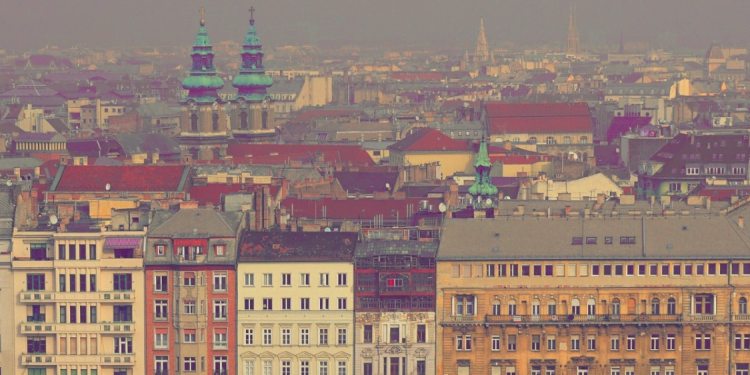Expat relocating to Hungary?
If you're an expat relocating to Hungary, then you're probably wondering where are the best places for finding accommodation.
The vast majority of expats in Hungary are living in the capital city, Budapest, and usually reside within the more central districts of Buda and Pest, which are two parts of the city divided by the Danube river.
The downtown area of Pest is a more lively area, with an abundance of shops, bars, clubs, theaters, and countless attractions, while the more hilly parts of Buda are known for their relaxing atmosphere and more pastoral surroundings. The more popular residential areas in Budapest for those relocating to Hungary are districts 5,6,7,8,9,13 in Pest, and districts 1,2, and 3 in Buda.
Who lives in Pest and who lives in Buda?
Since the international American school resides in Buda, in almost all cases, expats living in this part of the city are families with young children that attend the school. Another preferred district for young families is the 13th district, which although on the Pest side is considered a more "family friendly" area, with many parks and easy access to the schools in Buda.
Downtown Pest is more popular with younger, single expats, who are looking to enjoy the bustling nightlife of the city after working hours.
How much does it cost to live in Budapest?
The capital of Hungary has become one of the most popular cities in the region over the last couple of years, with scores of expats, students, and tourists showing an increasing interest in it. As a result, property prices went up substantially (especially in recent year, which saw an increase of more than 20% in rent prices in the more central parts of the city), which led to many tenants opting to share a room in a flatshare or to find an apartment for rent in Budapest which is located a bit off-centre. It's important to take into consideration that Budapest has a superb public transportation system, with several underground lines connecting with overground trams and buses, so commute time around the city is quite short.
As for the average rent prices, despite the recent increase, Budapest is still considered quite cheap when it comes to living expenses, especially when compared to other western European countries. A room in a shared housing in the city centre is expected to cost around 250 euro per month, while a furnished 2 bedroom apartment within the inner parts of Pest is expected to start at around 500 euro per month for rent. On top of that, you'll need to account for the overhead utilities and common costs (the building's maintenance fee), which are calculated per consumption and on a yearly average gets to around 120 euro per month.
So where should you live?
If you're new to the city, it's most recommended to find a place which is on the border of districts 5,6, and 7. This is the most central area and the easiest one to get familiar with and use as a base to get around the city. However, this area might get quite noisy with traffic and constant movement of people, so if you prefer a quieter environment, which is still easily accessible by public transportation, consider the 13th or the 9th district, which are also quite central, yet a bit more "relaxed". Expats with children should focus on a place which is easily accessible to the international school, hence - the friendly and pastoral Buda part will be the recommended choice.
















